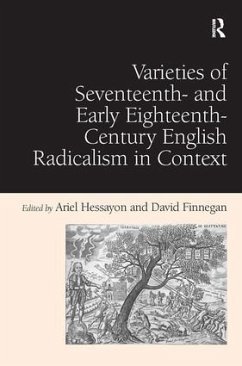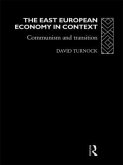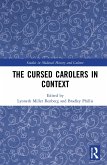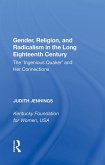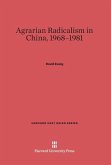The essays in this collection explore a number of significant questions regarding the terms 'radical' and 'radicalism' in early modern English contexts. They investigate whether we can speak of a radical tradition, and whether radicalism was a local, national or transnational phenomenon. In so doing this volume examines the exchange of ideas and texts in the history of supposedly radical events, ideologies and movements (or moments). Once at the cutting edge of academic debate radicalism had, until very recently, fallen prey to historiographical trends as scholars increasingly turned their attention to more mainstream experiences or reactionary forces. While acknowledging the importance of those perspectives, Varieties of seventeenth- and early eighteenth-century English radicalism in context offers a reconsideration of the place of radicalism within the early modern period. It sets out to examine the subject in original and exciting ways by adopting distinctively new and broader perspectives. Among the crucial issues addressed are problems of definition and how meanings can evolve; context; print culture; language and interpretative techniques; literary forms and rhetorical strategies that conveyed, or deliberately disguised, subversive meanings; and the existence of a single, continuous English radical tradition. Taken together the essays in this collection offer a timely reassessment of the subject, reflecting the latest research on the theme of seventeenth-century English radicalism as well as offering some indications of the phenomenon's transnational contexts. Indeed, there is a sense here of the complexity and variety of the subject although much work still remains to be done on radicals and radicalism - both in early modern England and especially beyond.
Hinweis: Dieser Artikel kann nur an eine deutsche Lieferadresse ausgeliefert werden.
Hinweis: Dieser Artikel kann nur an eine deutsche Lieferadresse ausgeliefert werden.

